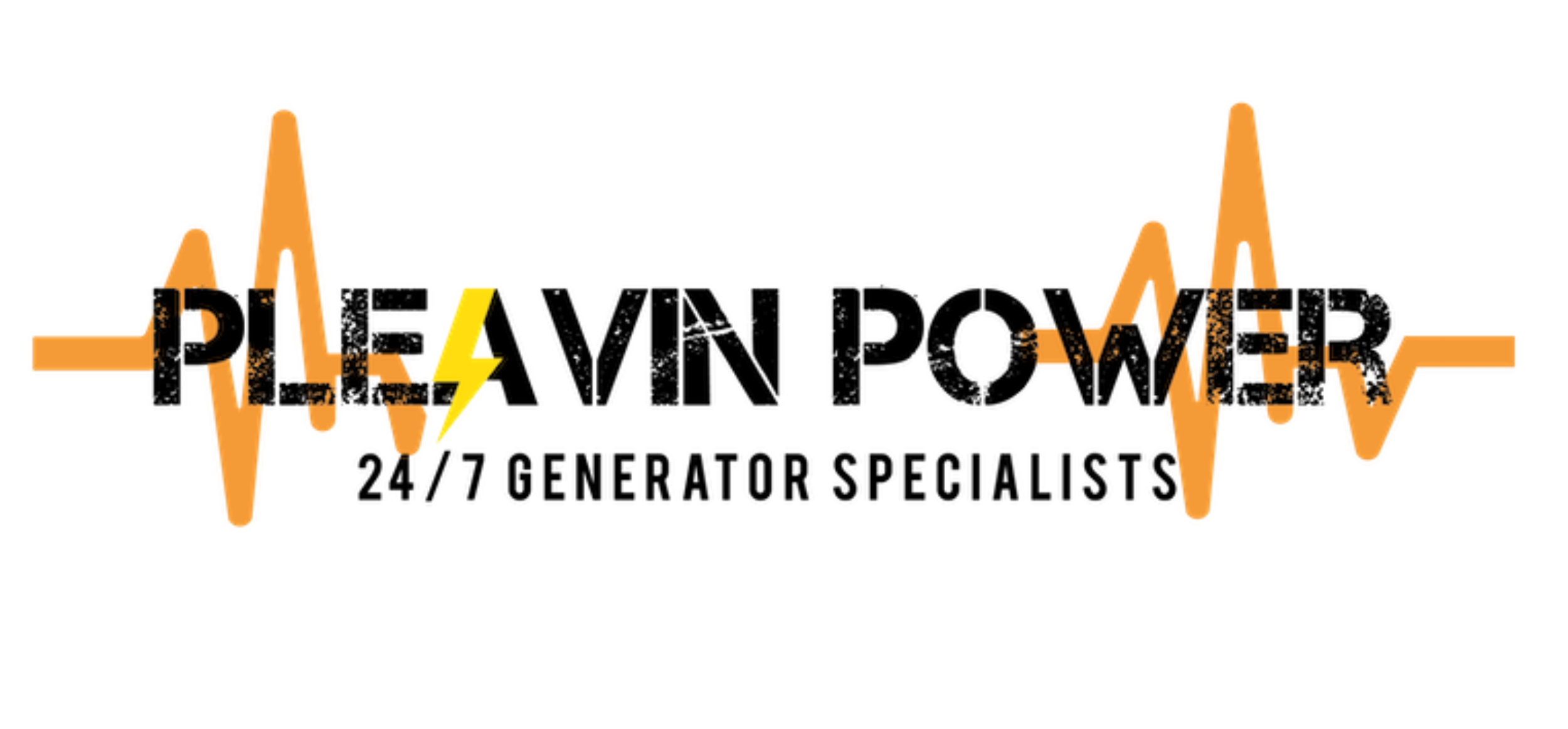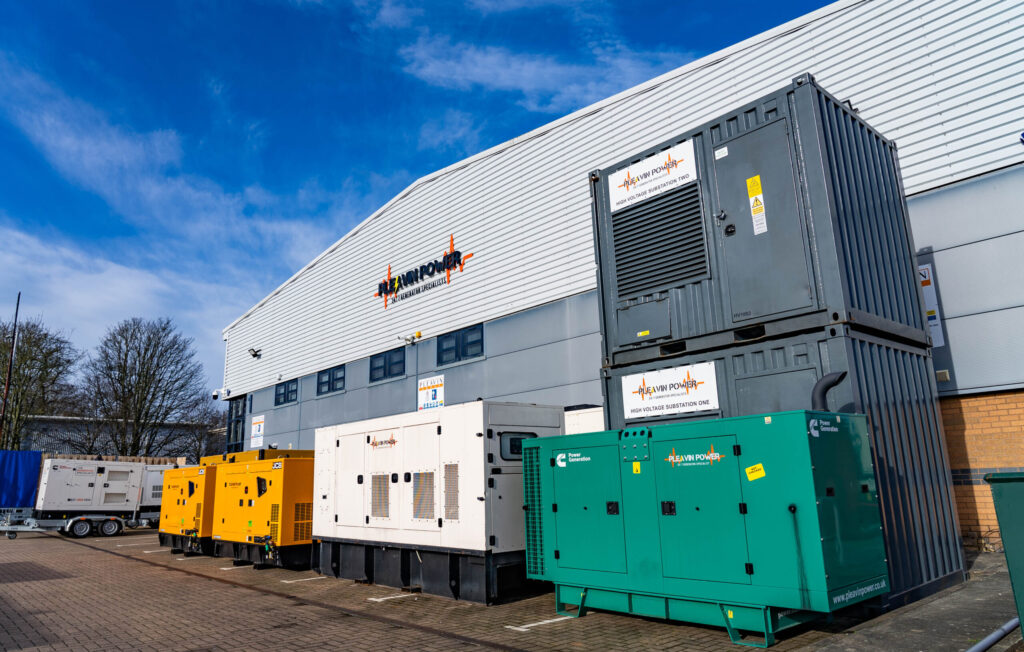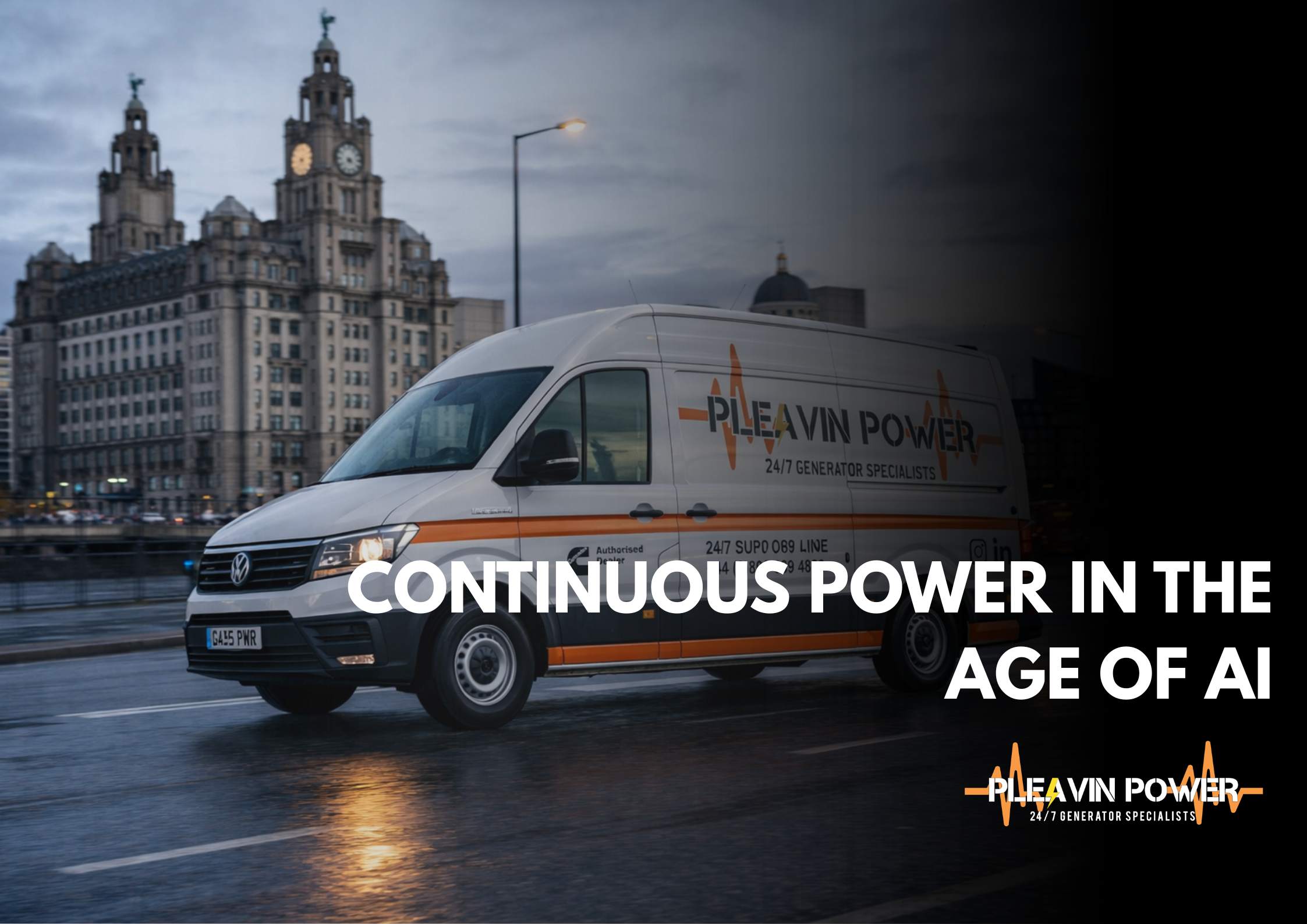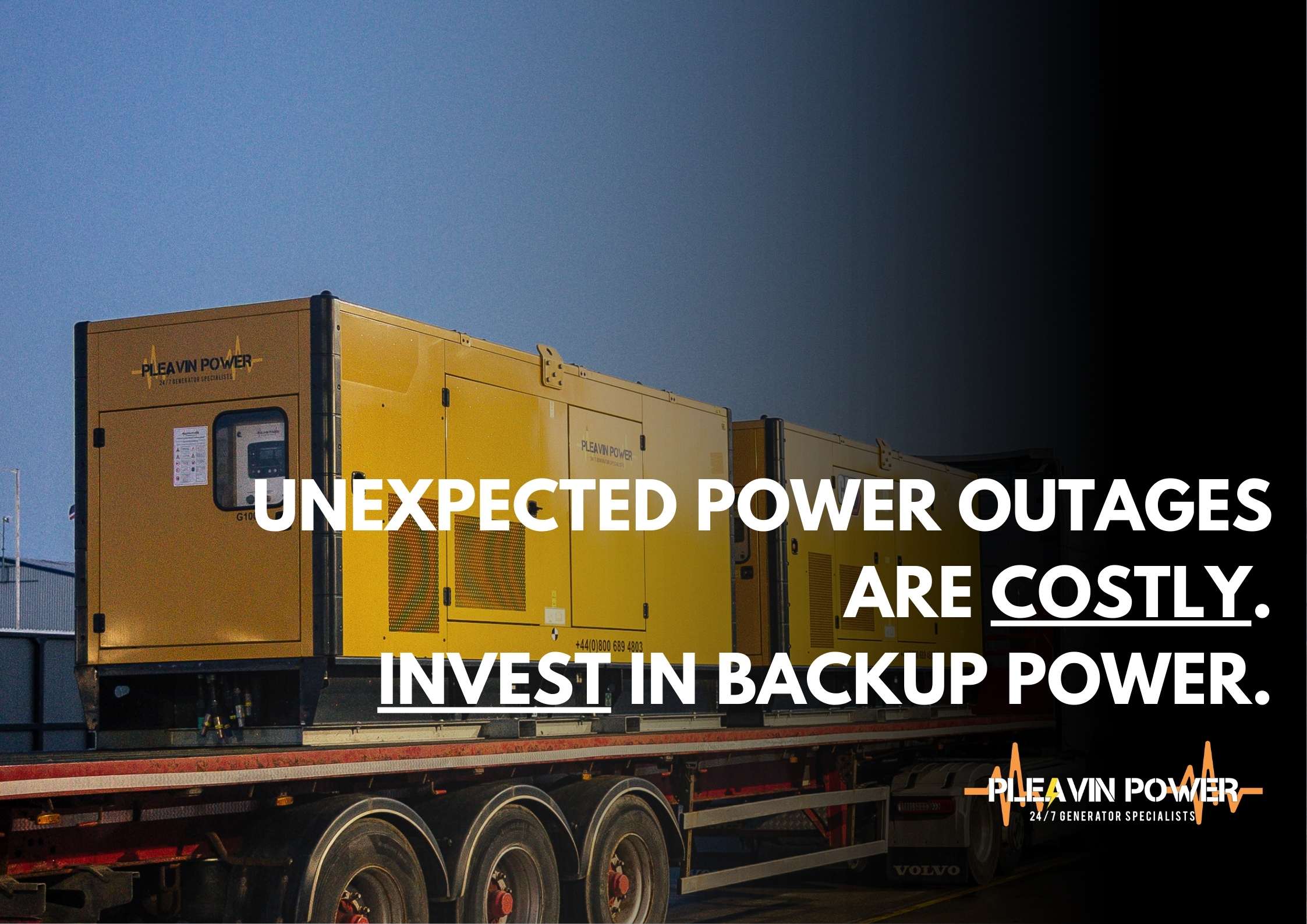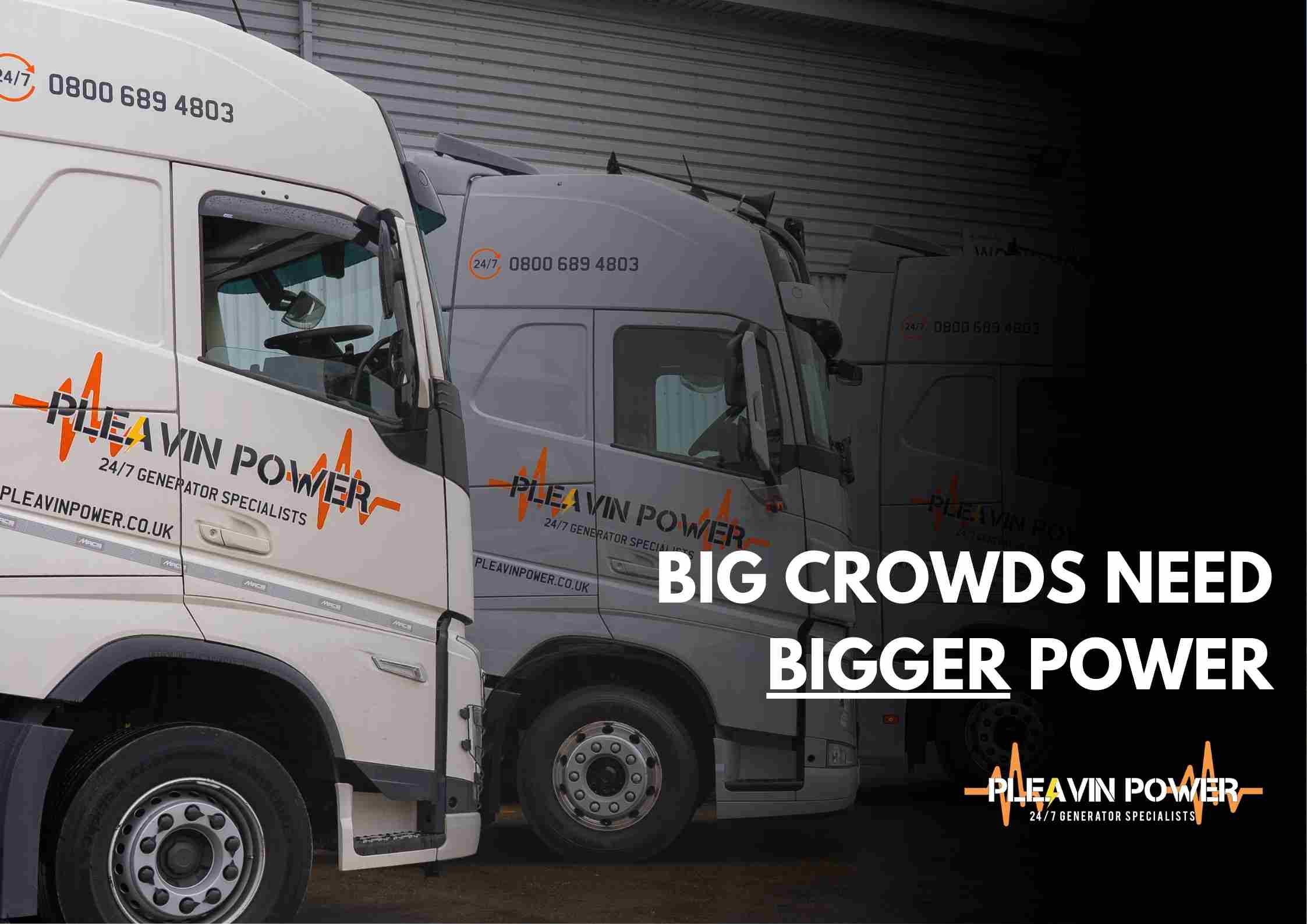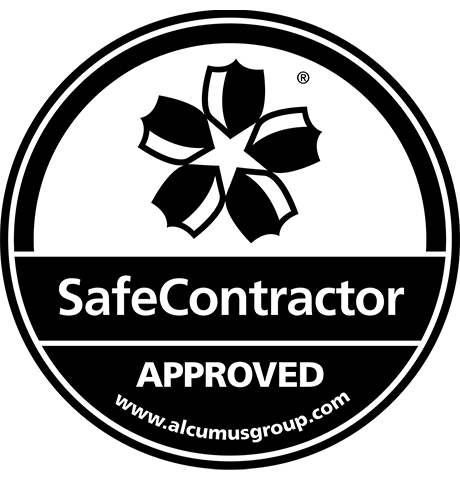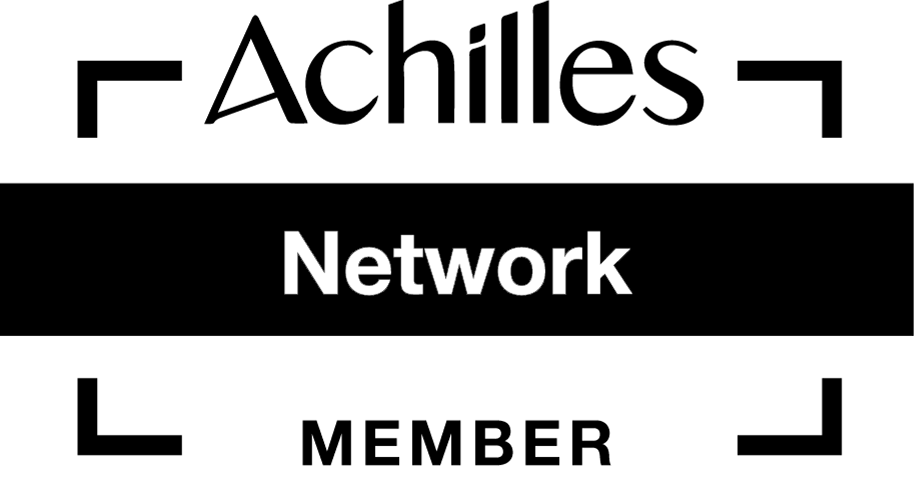Do you run a construction site, and are you looking for a power source that will be able to get your tools up and running with no problems? Then your best bet would be going with a generator – they are reliable and durable pieces of equipment that are capable of powering a whole construction site depending on the size of your chosen generator.
Different location sites will require different types of generators, whether that be a standby generator or a portable generator. It can be hard knowing exactly what generator to purchase for your construction site but there is no need to worry as our generator expert team will be able to guide you successfully on the best generator to buy.
If you want to save yourself time then please reach out to our support team today about your current situation and we will be able to tell you the best solution for your construction site.
Small Unit (1,000 > 5,500 Watts)
This is the perfect option for those who are doing small jobs and only require one to three tools running at once. They are easy to carry meaning if you are going around the workspace you can take them without any problems they don’t take up much space.
Semi Units (3,500 > 10,000 Watts)
This type of unit is regularly seen amongst homeowners who use these types of units as an emergency power source when there is a blackout in their area – but it is also perfect for contractors who need constant power for the frequent use of their tools.
These types of semi-units use heavy-duty engines and will come with more durable units in comparison to the smaller units we previously spoke about. They also come with a lot of extra features that can benefit contractors.
Heavy-Duty Units (2,500 > 15,000 Watts)
These are normally the go-to choice of purchase when it comes to construction sites. Due to them being a lot bigger than the units we previously listed in the article, they are not as portable – however, they are specifically created to handle the conditions that come with a construction site.
They are highly capable in being able to produce solid stable power for longer periods of time and feature everything that a contractor would need with it.
We have put together some tips and requirements that you should write down in order to get more clarity and understanding of your situation. By knowing this information, you’ll be able to make a more informed decision about what generator to purchase for your construction site.
What Power Do You Need?
The first thing that you always need to consider when purchasing a generator is what exactly you are buying it for and the power you are going to require in order to get everything up and running easily without any problems.
You are able to successfully calculate how much power you need by writing down a list of all the tools and appliances you know that you’ll need to complete your construction job:
- Write Down The Starting Watts For Each Power Table
- Add Up All Running Watts Needed To Power Your Equipment
- Find the Item With The Most Additional Starting Watts
- Add Number To Total Running Watts
- The Final Number Shown Is The Starting Watts That Your Generator Needs To Provide
Always remember to have a bit of leeway with the watts needed as your generator should be able to do a little more than what you require.
Average Output Capacity
Now that you’ve calculated how much power your generator is going to be required to run through your tools running watts, you need to start thinking about the length of time you will be running these appliances whether that’d be through the whole project or just for a short period of time.
The reason for this is if you know that for the whole project, you’ll only be using half the power needed then it may be best for you to purchase two smaller units that can be connected and used as a larger unit. That means when the power demand is low, you are able to shut down one machine.
Plus if you have two smaller units connected, there is a meagre chance that for some reason both generators suddenly break down at the same time so if by some random chance one generator stops working for any reason then you’ll always have one running.
If you have a much bigger construction site with lots of tools and runtime needed then it may be best to seek out a much larger single unit that will be able to run everything while you focus on the job at hand.
Size Of Generator
You will need to consider what size of generator you want as there are many factors such as your site location and where it’s going to be placed that can affect what generator would be best to purchase for your construction site.
When dealing with construction sites, we come across two main generator groups: portable generators and mobile generators. Portable generators are incredibly handy pieces of equipment, they are only small and compact machines but they are able to produce a medium-high amount of power based on how powerful your portable generator is.
This type of generator is more affordable if you are on a tight budget, and can be easily carried and moved about so it doesn’t have to be in sight.
Whereas mobile machines can be moved around as well but they are much larger pieces of equipment. They can provide a lot more power than your portable generator.
Mobile machines are incredibly durable and they are waterproof. They might be more expensive but as we said they are able to produce a lot more power for you so if you are required to power more tools then it might be best to pay extra in order to be more effective at work.
Check out our selection of generators today, or discuss your options with one of our experts at Pleavin Power.
